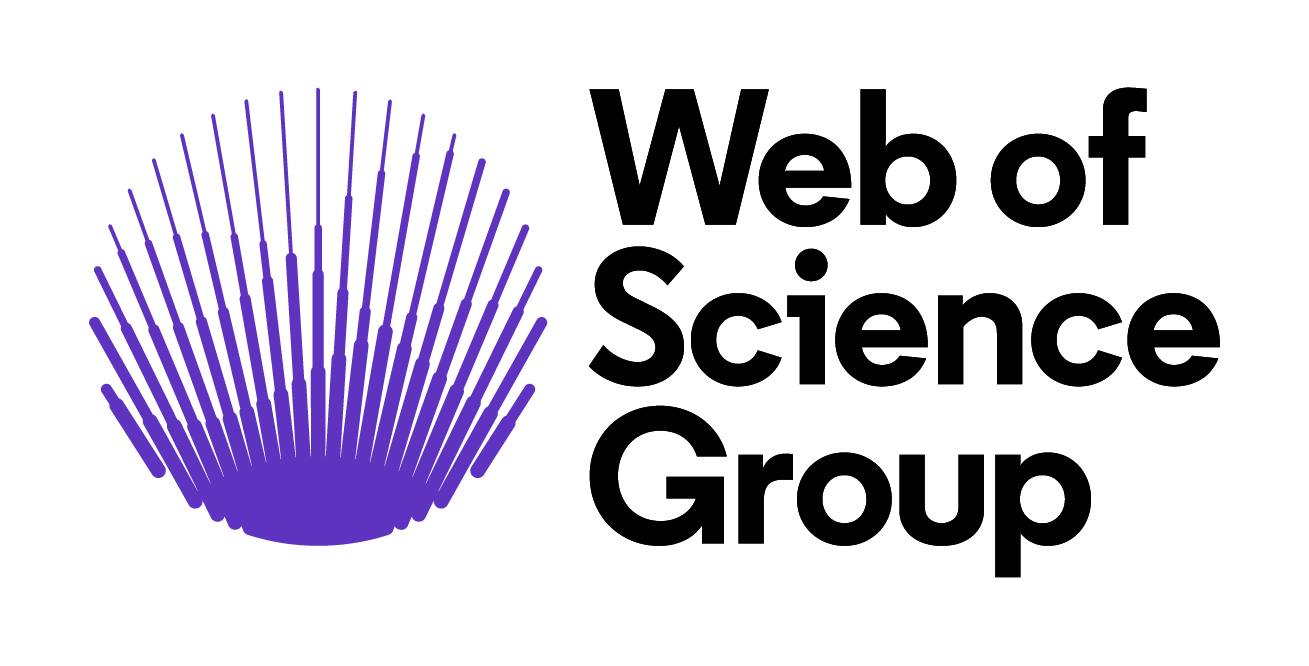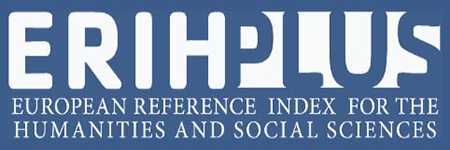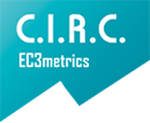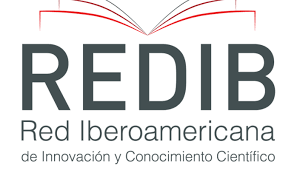Uso of Artificial Intelligence
The impact of Artificial Intelligence (AI) in the scientific field has led to a profound transformation of the traditional methodologies and practices associated with research activity. The adoption of these technologies has enhanced efficiency in the collection, processing, and systematization of data, thus facilitating significant advancements across various areas of knowledge. Nevertheless, this incorporation is not without its challenges. The use of AI-based systems has raised legitimate concerns regarding research integrity, privacy protection, and the ethical management of data. Consequently, a rigorous ethical reflection becomes indispensable, one that allows the establishment of a regulatory framework capable of ensuring the transparent, responsible, and honest use of AI in academic production.
Aware of these concerns, Imafronte journal has decided to adopt the recommendations proposed by the interdisciplinary research group R4C-IRG "Pensamiento Complejo para Todos," as well as by the Educational Technology Unit of the Institute for the Future of Education (IFE) at Monterrey. These recommendations aim to regulate and guide the ethical use of AI in scientific processes, establishing a set of fundamental guiding principles, detailed as follows:
Preservation of scientific and ethical integrity in the use of AI: Artificial Intelligence must be conceived strictly as a complementary tool to the researcher’s work. Under no circumstances should it replace the critical capacity or the inherent responsibility of the researcher in the interpretation and assessment of the results obtained.
Protection and confidentiality of personal data: It is imperative to rigorously comply with both international and local regulations concerning privacy and data protection. This principle must be observed at all stages of AI implementation, ensuring the protection of the rights of individuals whose data may be utilized.
Critical approach towards AI-generated results: Researchers must maintain an awareness of the inherent limitations of these technologies, recognizing the dependency of data quality and accuracy on the prompts or instructions provided, while carefully evaluating any implicit biases.
Rigorous verification and validation of information: It is the responsibility of the researcher to ensure the reliability, relevance, and pertinence of the results generated by AI, fully assuming accountability for their interpretation, application, and dissemination.
Transparency in the documentation of methods and tools employed: The degree of participation and authorship attributable to AI in the research process must be clearly specified, thereby ensuring methodological transparency and traceability.
Identification and active mitigation of biases: It is essential to promote an ethical and reflective use of AI, adopting strategies to minimize potential biases and guarantee the objectivity and fairness of the results.
Continuous updating on AI advancements: Researchers should remain informed and trained concerning technological developments, diversifying their use of tools and fostering a critical, creative, and efficient application of these technologies, aligned with the objectives and needs of their scientific work.
Periodic review and adaptation of AI-related regulations: It is crucial to regularly update ethical policies and guidelines concerning AI use, ensuring their coherence with both the principles of scientific integrity and emerging technological advancements.
Promotion of interdisciplinary collaboration: Effective synergy between human knowledge and AI capabilities should be fostered, encouraging the exchange and integration of knowledge from various disciplines to enrich research processes.
Dissemination of resources and training opportunities: It is advisable to actively share sources, tools, and best practices regarding the use of AI, while providing specific training to equip other researchers for an ethical and efficient application of these technologies.
These guidelines aim not only to establish a responsible use of Artificial Intelligence but also to strengthen trust and credibility in scientific production within an environment increasingly mediated by emerging technologies.


















